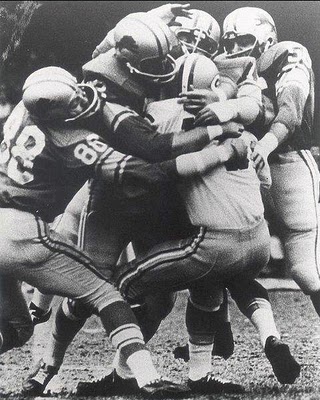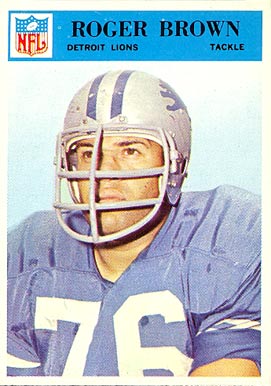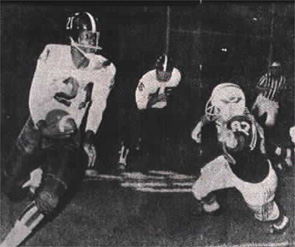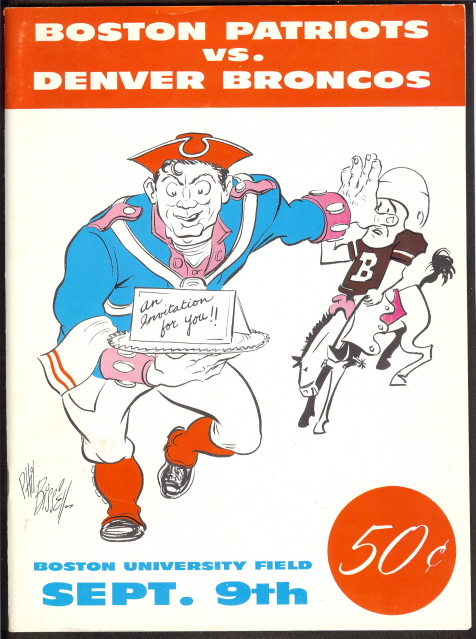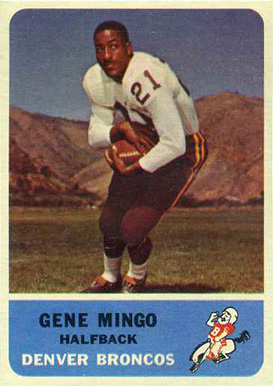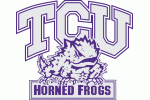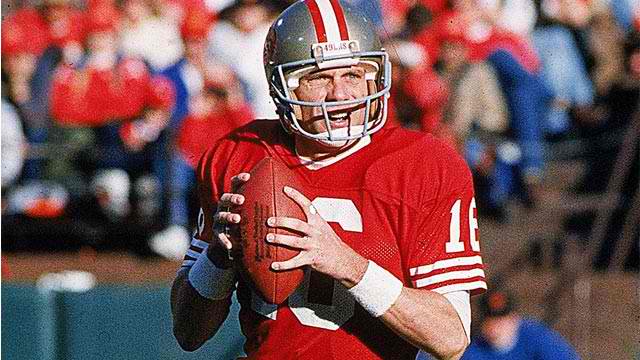Week 13 on the NFL schedule includes the league’s annual Thanksgiving Day games, and this year two old NFL rivals face off in the annual game in Detroit, the Lions and the Green Bay Packers. For this week’s Throwback Thursday feature, I decided to re-post an article about a game played between these two teams in 1962 that I had originally posted in 2010 as a “Classic Thanksgiving Game”. Here it is:
On Thanksgiving Day, November 22, 1962, the NFL staged its’ annual traditional game between the host Detroit Lions and the visiting Green Bay Packers, and the game was one of the most memorable ever played on the holiday. A year later, this particular date would forever become etched in history by the assassination of President John F. Kennedy, but in 1962 the Lions played one of the most inspired games in franchise history on the date – a game that lives on today in Lions’ team history as the “Turkey Day Massacre”. The Packers were the powerhouse team in the league at that time, having won the championship under coach Vince Lombardi in 1961. They entered the annual holiday game with a perfect 10-0 record, and had beaten the Lions 9-7 in Green Bay earlier in the season on a last-second field goal. That game had stuck in the Lions’ collective craw leading up to the Thanksgiving rematch, and the team was not the mediocrity they are in today’s NFL – they were 8-2 and second to the Packers in the Western Division at the time. Detroit’s defense, led by Roger Brown, Alex Karras and Joe Schmidt, played its’ best game of the season that day, harrassing and swarming Packer QB Bart Starr all game long, and sacking him 11 times for over 100 yards in losses. Brown, a 300 lb. defensive lineman, had 5 of the sacks himself, including one where he tackled Starr in the end zone for a safety. The Lions won 26-14, and although they won the battle that day, Green Bay won the war, as this turned out to be their only loss of the season. The Packers finished 13-1 and won their second consecutive NFL title, on their way to 5 championships in a 7 year period, a feat that earned the small Wisconsin town the nickname of “Titletown, USA”.
Lombardi didn’t easily forget this game, however. At the time, the annual holiday game was not only hosted by Detroit, but the annual opponent, from 1951 until 1963, was always the rival Packers. Lombardi lobbied the league complaining about having to travel to a road game on a short week every year, and how much of a disadvantage it was to his club, and eventually commissioner Pete Rozelle relented and the league began rotating the opponent for the Lions each year.
Green Bay’s Bart Starr is swallowed up by a swarming Lions’ defense
